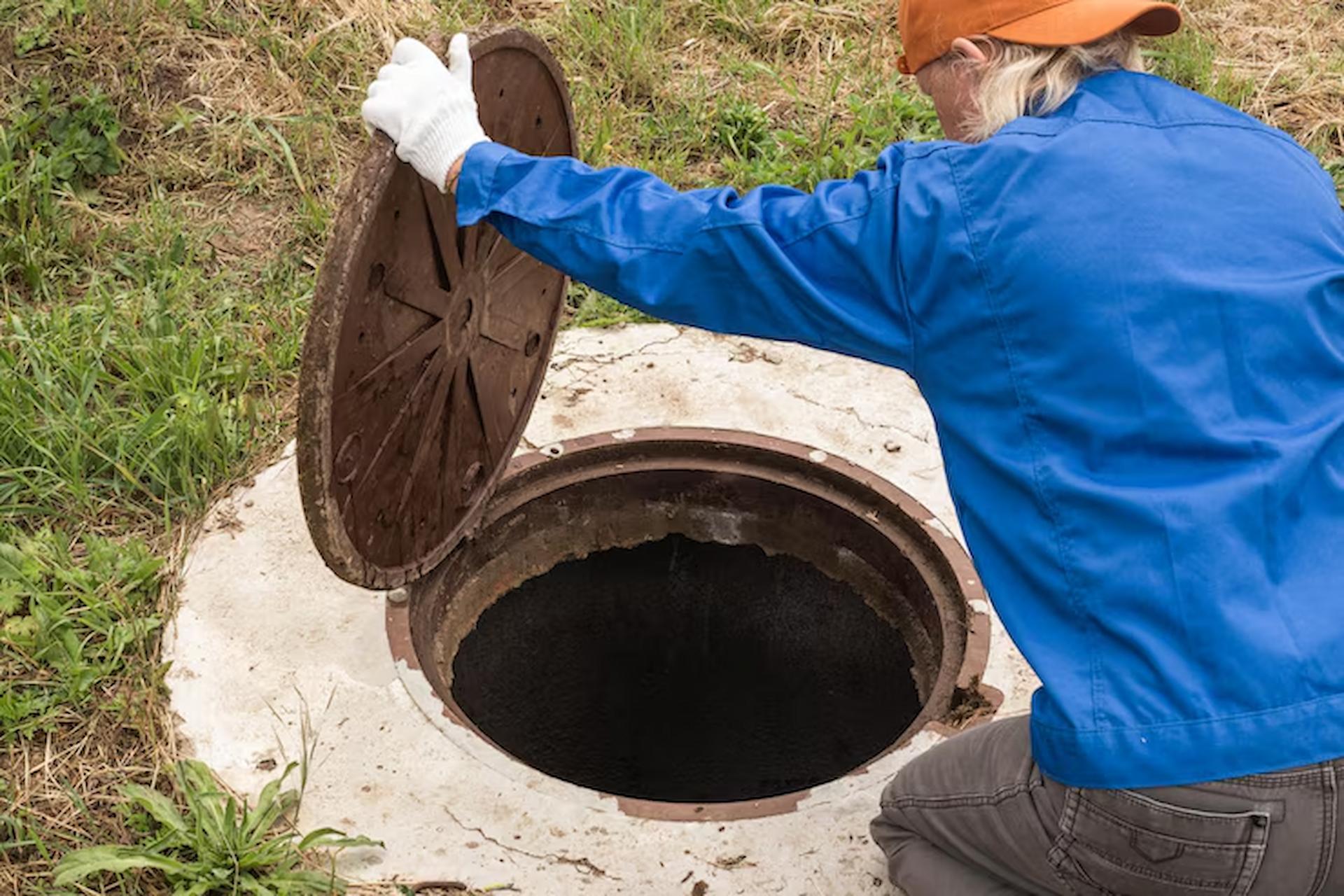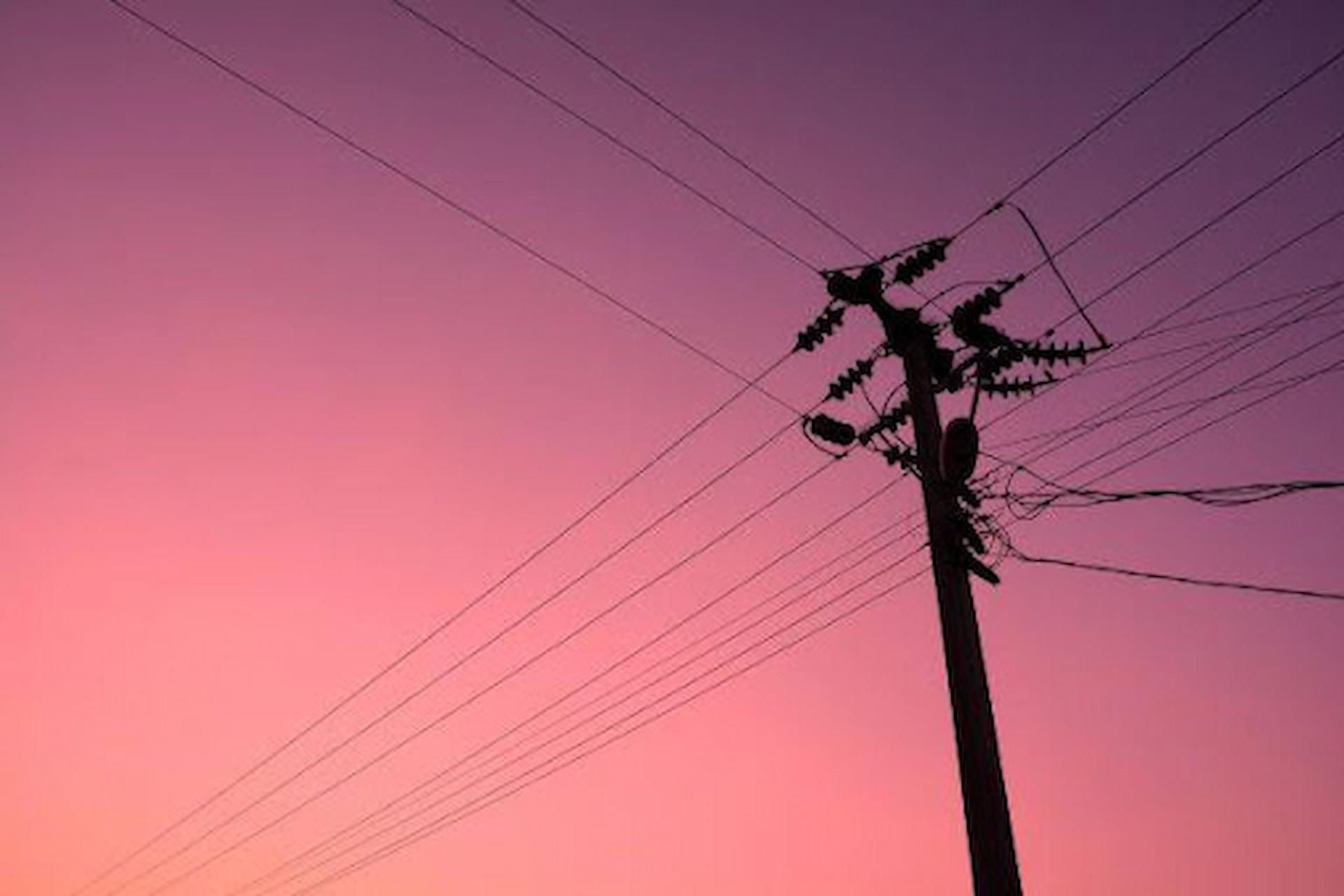Septic systems are an essential but often overlooked part of many homes and businesses, quietly managing wastewater and keeping things running smoothly. However, neglecting your septic tank can lead to costly repairs, environmental issues, and significant out-of-pocket expenses. Regular maintenance and cleaning are crucial for ensuring its efficiency. Let’s explore how keeping your septic tank clean can save money and avoid unnecessary trouble.
Understanding How Septic Systems Work
Septic systems process waste from your home or property. Wastewater travels from your plumbing system into the septic tank, where solids settle at the bottom, forming sludge, while oils and grease float to the top as scum. The liquid in the middle flows out to the drain field, where the soil filters and treats it naturally.
Over time, the sludge and scum levels increase, limiting the tank’s efficiency. If not managed, this leads to blockages, backups, and eventual system failure. Knowing how the system functions makes it easier to understand why cleaning and maintenance are important.
Prevent Expensive Repairs
One of the biggest reasons to maintain a clean septic tank is to avoid costly repairs. Ignored tanks fill up, causing untreated wastewater to back into your home or property. Cleaning the mess resulting from an overflowing septic tank is unpleasant and can damage floors, walls, and furniture.
Additionally, neglecting your tank can harm its structural integrity. A failed system often requires complete replacement, significantly more expensive than routine maintenance. Staying proactive with septic tank care is far more affordable than dealing with emergencies or system replacements down the road.
Prolong the Life of Your System
Septic systems are built to last, often functioning well for 20 to 30 years. A major factor in achieving this lifespan is regular cleaning and proper usage. When sludge and scum accumulate past safe levels, they can overflow into the drain field, clogging it and reducing its capacity to treat wastewater.
Once the drain field becomes compromised, repairing or replacing it is time-consuming and expensive. Regular septic tank cleaning ensures solids stay where they belong and don’t burden other parts of the system, effectively extending your system’s lifespan.
Protect Your Health and Environment
A clean septic tank isn’t just about saving money; it’s also about protecting your health and the environment. When a septic tank becomes overloaded, untreated wastewater can leak into the soil and groundwater. This contamination can lead to health hazards like waterborne diseases and negatively impact nearby ecosystems.
Investing in proper maintenance reduces the risk of harmful pollutants entering the environment. A clean system keeps your property safe and ensures you’re doing your part to protect local waterways and wildlife.
Improve Overall Efficiency
Septic systems work best when they function at peak efficiency. An overloaded tank forces the system to work harder, leading to inefficiencies and potential malfunctions. Routine cleaning keeps everything flowing smoothly, reducing the risk of breakdowns.
Homes and businesses with clean septic systems also experience fewer slow-draining sinks, toilets, and showers. This makes day-to-day life more convenient and prevents burdensome plumbing bills caused by clogs or backups.
Signs Your Septic Tank Needs Cleaning
Understanding the signs of a full septic tank can help you avoid trouble. Here are some key indicators to watch out for:
- Slow Drains: Consistently clogged or slow-draining plumbing fixtures could mean your tank is nearing capacity.
- Unpleasant Odors: Foul smells around the tank or drain field are a red flag that something isn’t right.
- Pooling Water: Standing water above the septic tank or drain field can indicate a system overload.
- Sewage Backups: This is one of the worst outcomes and should prompt immediate professional attention.
If you notice these signs, scheduling septic tank cleaning in Salt Lake City or wherever you’re located is vital to prevent further problems.
How Often Should You Clean Your Septic Tank?
On average, septic tanks should be cleaned every 3 to 5 years, although the timing depends on household size, water usage, and tank capacity. Larger families or properties with heavier wastewater demands may require more frequent cleaning. It’s also a good idea to consult a professional who can assess your needs and suggest a maintenance schedule.
Maintain Good Practices
Proper septic system maintenance is about more than just cleaning. To keep your tank in top condition:
- Minimize Water Usage: Use water efficiently to prevent the system from becoming overwhelmed.
- Be Mindful of What You Flush: Avoid flushing non-biodegradable items or chemicals that can disrupt bacteria in the tank.
- Schedule Regular Inspections: Professionals can spot potential problems early and recommend solutions before they escalate.
Conclusion
A clean septic tank might not rank high on your list of exciting expenses, but it can save you significant time, money, and headaches. Regular cleaning prevents costly repairs, ensures smooth operation, and safeguards your health and environment. By staying on top of maintenance, you protect your investment and avoid the stress and expense of system failure.
If your system is overdue for a checkup, take action today to secure its longevity and performance. A professional cleaning will give you peace of mind and a reliable septic system for years.



